Let us expect we have a duty cycle of 50%. Is it possible to reach that duty cycle with different PWM Signals (waveform)? With different I mean variants in the number and lengths of the "active time". What are the expected impacts on noise and virbation resulting from these different PWM waveforms?
The context of this question is considering a 9V DC-Motor without any load where different virbation and noise should be generated. My motor is similiar to this one: https://www.alibaba.com/product-detail/25mm-battery-power-9v-12v-dc_60208528733.html?spm=a2700.7724857.normalList.41.3fe858e1928WCB

